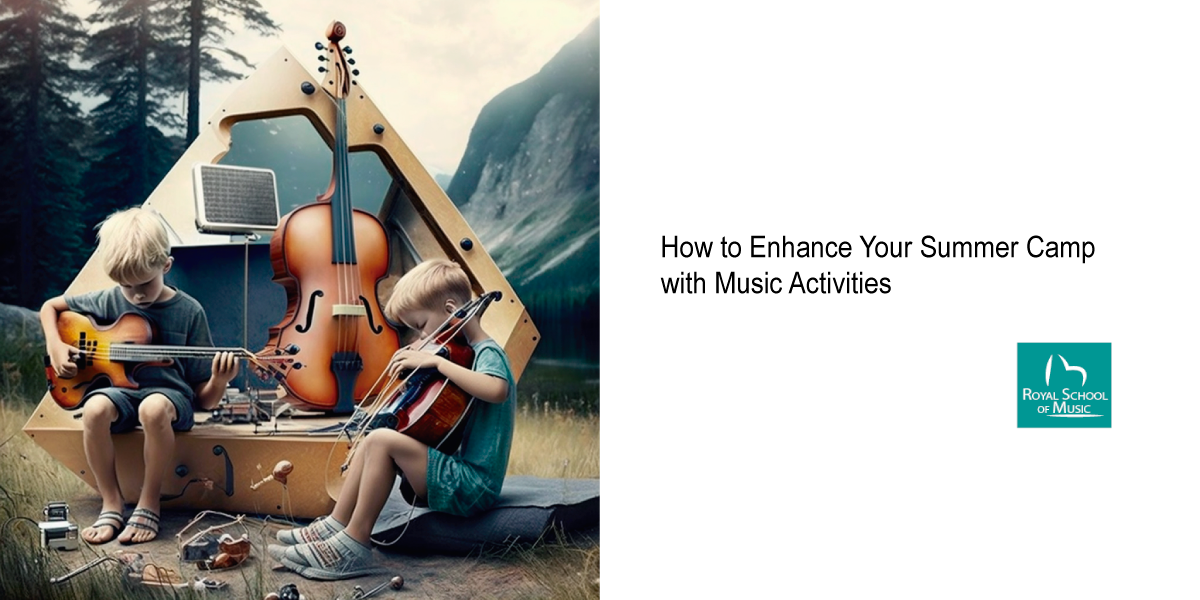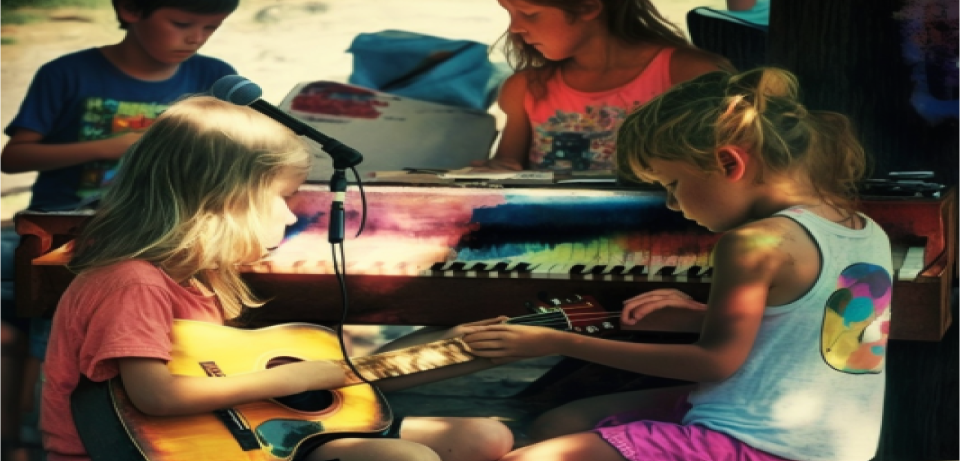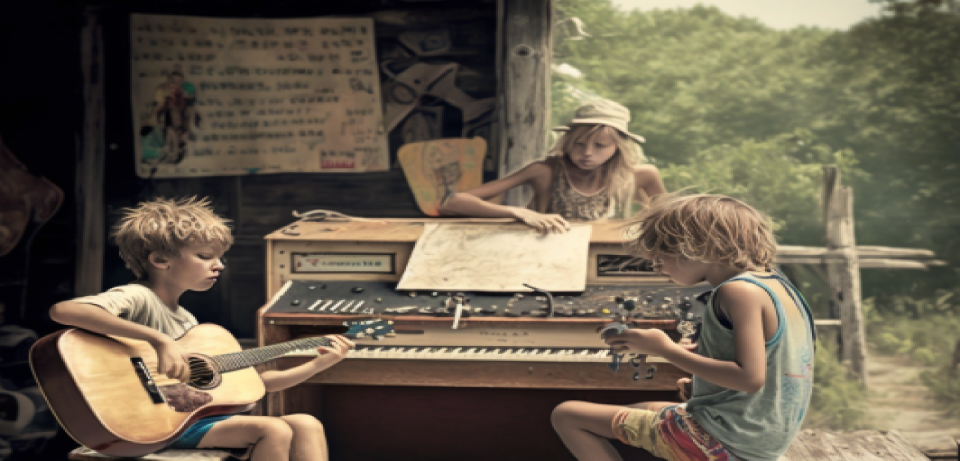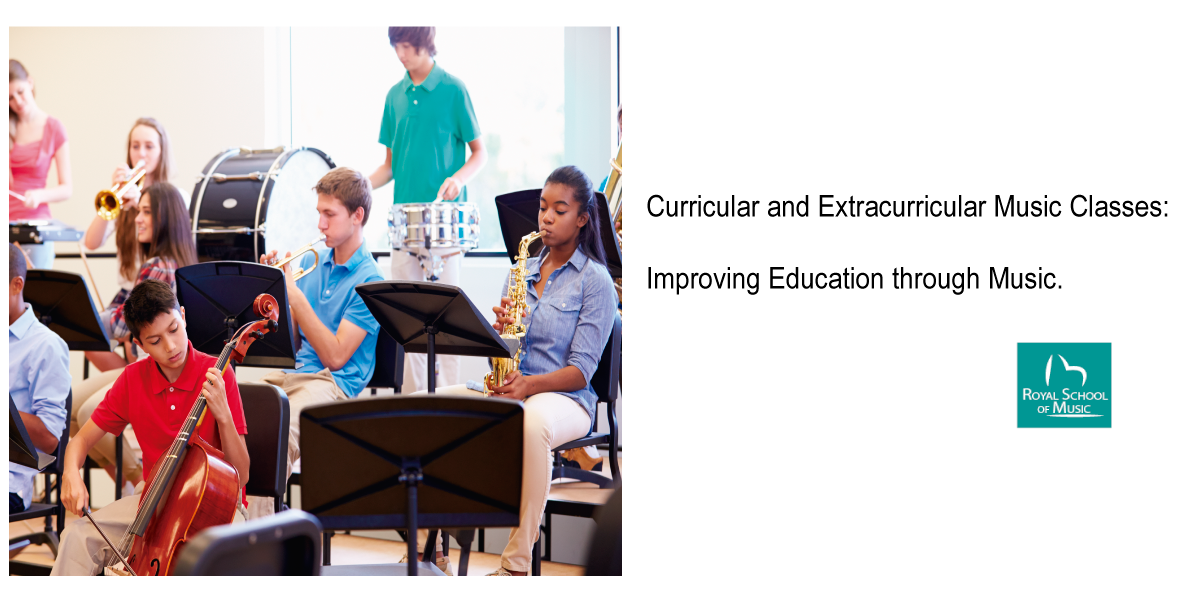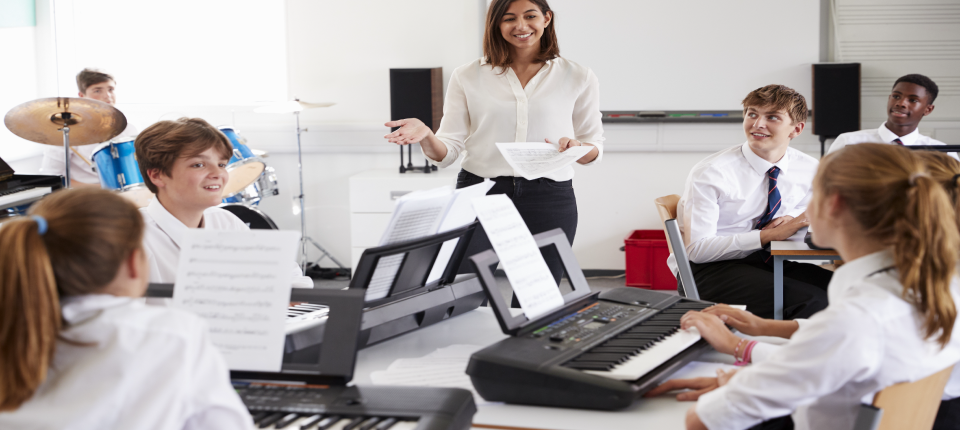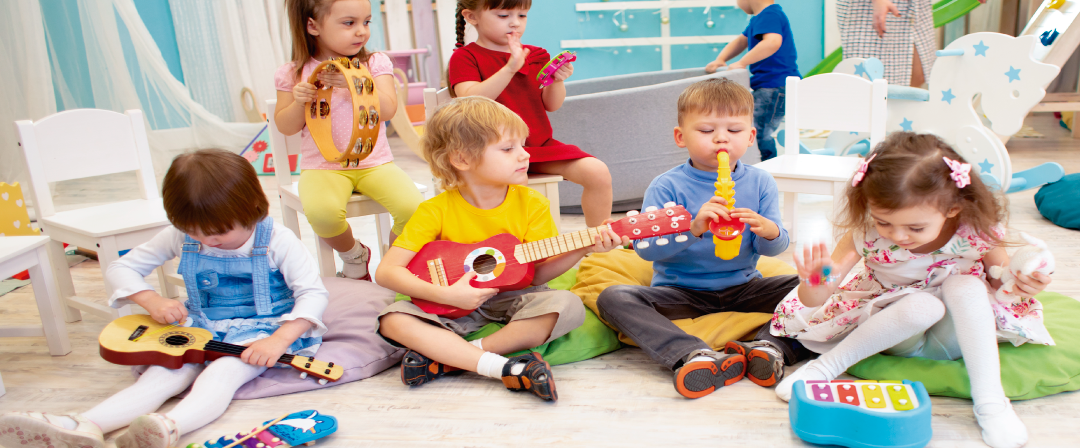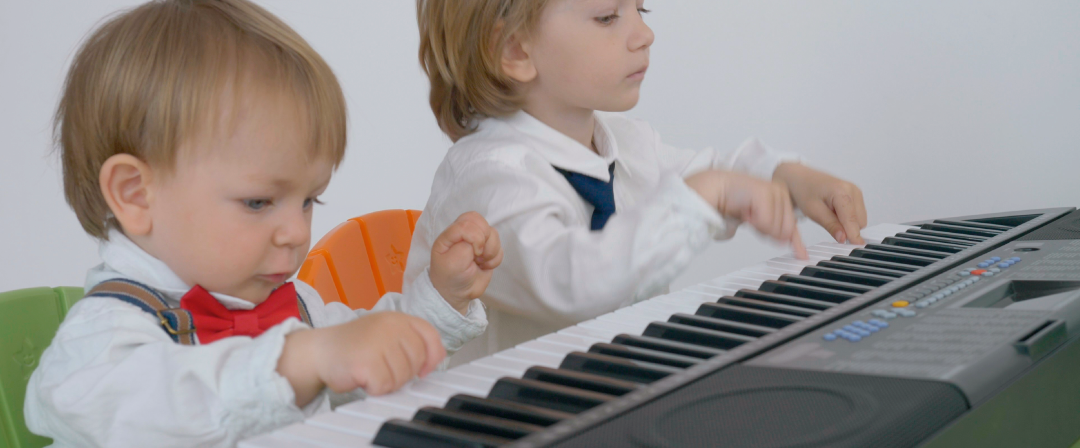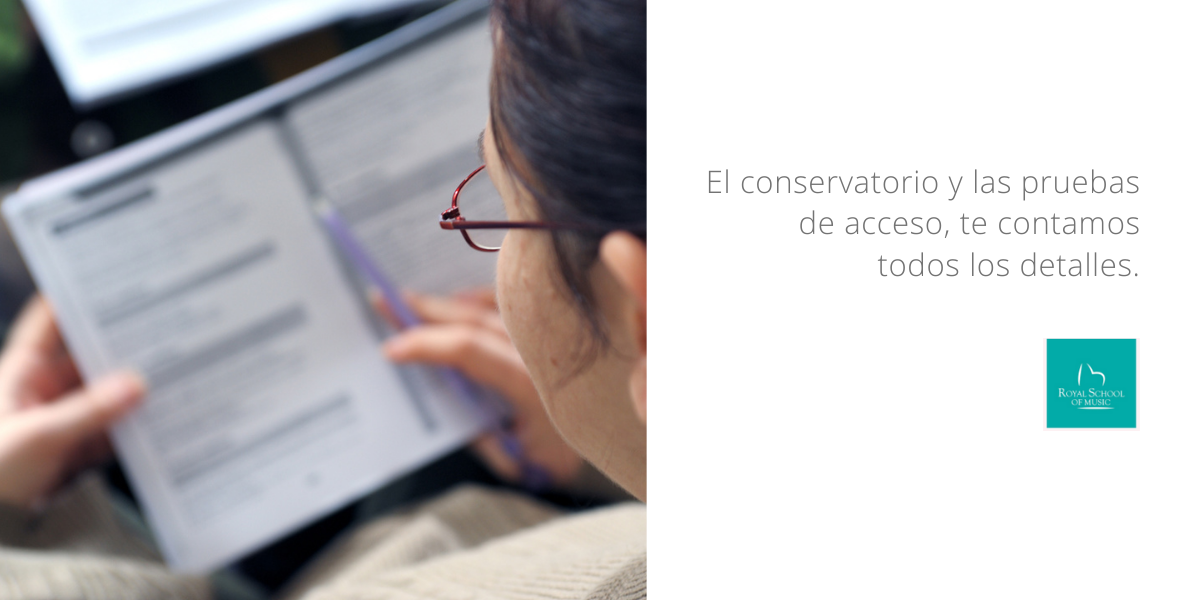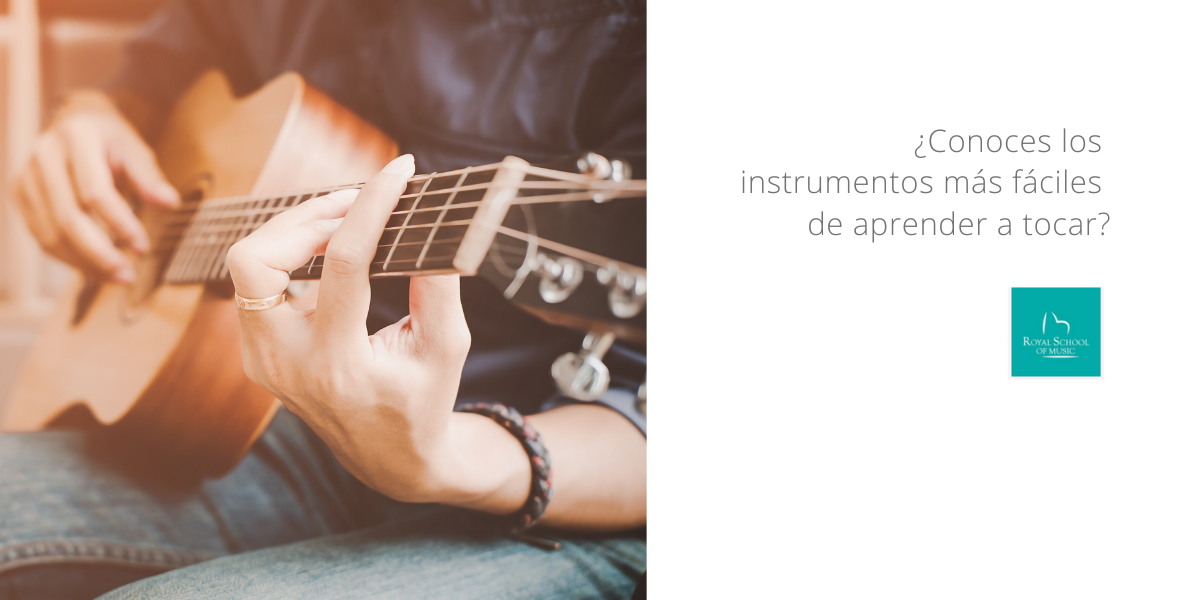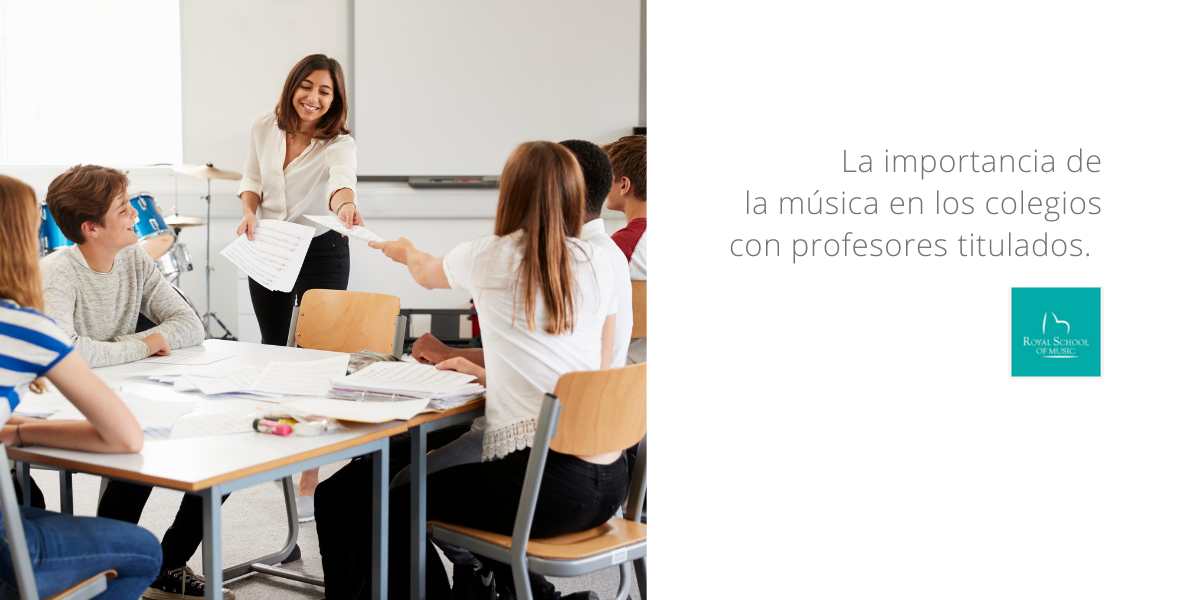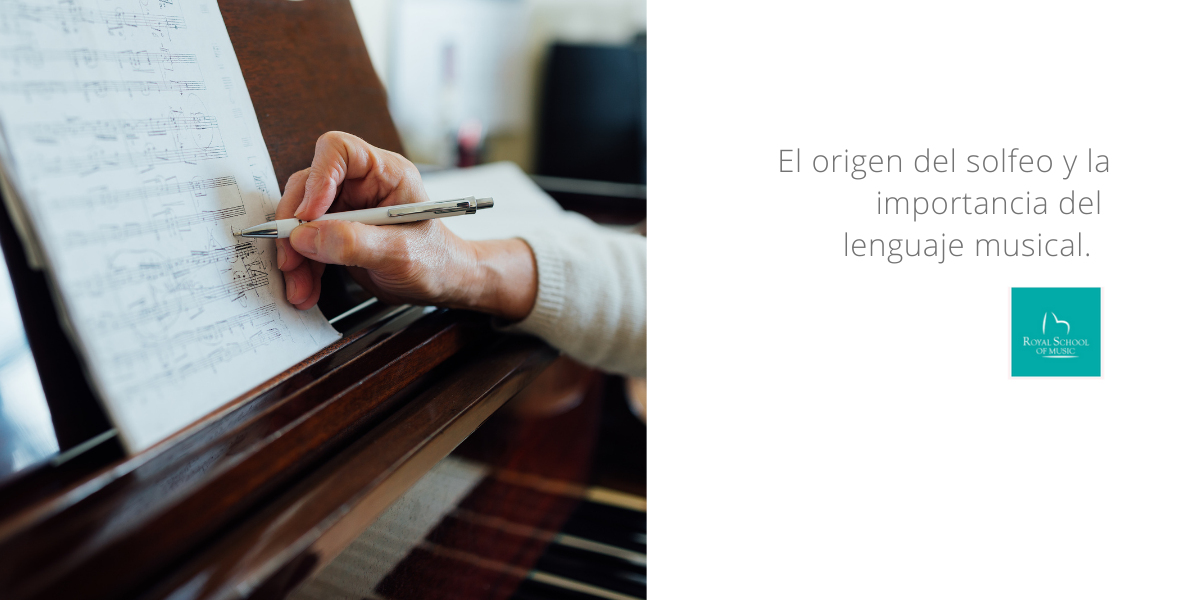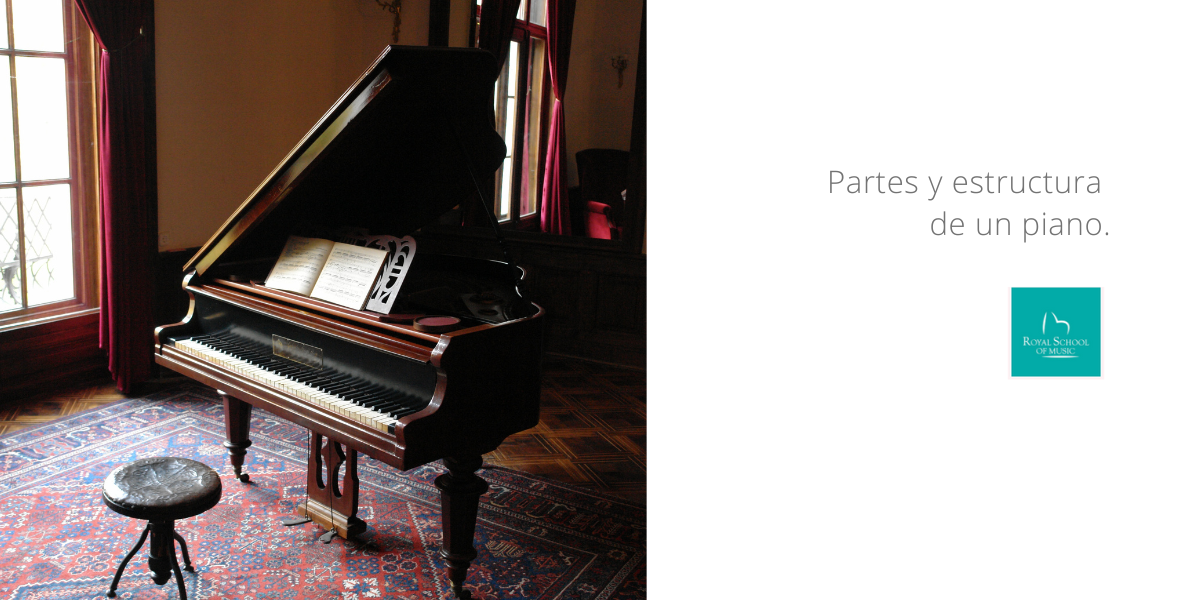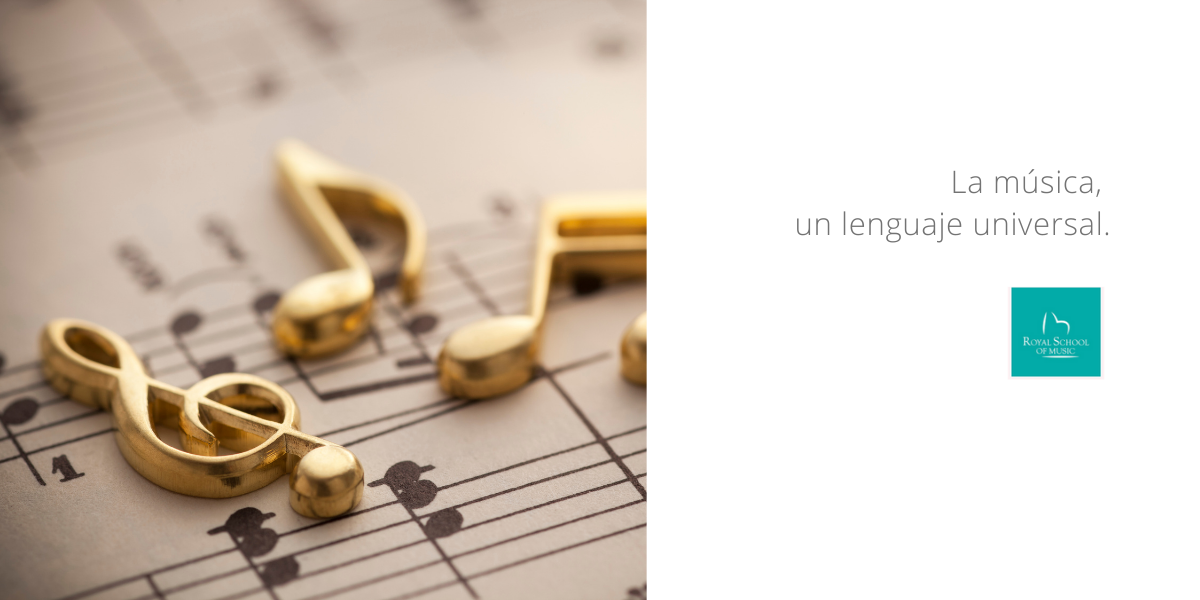The Piano Teacher: Effective Lessons

If you’re interested in learning to play the piano, it’s important to find a good teacher who can teach you the necessary skills so you can progress and reach your goals. In this article, we’ll discuss the important characteristics that a piano teacher should have and how to give effective lessons.
The first important requirement is that the teacher has experience and solid knowledge about the piano.
Important characteristics that a piano teacher should have:
-
- Experience and knowledge: The first important requirement is that the teacher has experience and solid knowledge about the piano. They should be able to transmit their skills and knowledge clearly and effectively.
- Patience: Learning to play the piano requires time and practice, so a good teacher should be patient and able to adapt to your learning pace. They should be able to guide and motivate you to keep practicing even when you feel frustrated.
- Effective communication: Effective communication is key to success in any teaching relationship. A good teacher should be able to communicate clearly with their students and explain complex concepts in a way that is easy to understand.
- Empathy: A good piano teacher should be empathetic and attentive to the needs and feelings of their students. They should be able to identify any issues that you may be experiencing and offer helpful solutions and advice to overcome them.
- Flexibility: All students have different learning styles and work rhythms, so a good piano teacher should be flexible and willing to adapt their teaching method to the needs of each student.
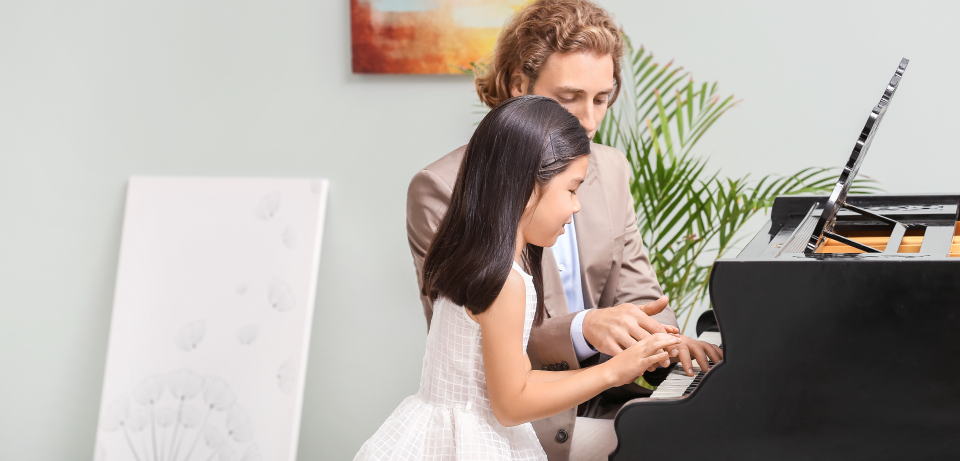
Make sure you have clear goals for each lesson and work on them consistently.
How to give effective piano lessons:
Once you have found a good piano teacher, it is important to ensure that the lessons are effective for your learning. Here are some tips to make your lessons as effective as possible:
- Set clear goals: Make sure you have clear goals for each lesson and work on them consistently. This will help you measure your progress and maintain a sense of achievement.
- Practice regularly: Regular practice is the key to improving your piano skills. Make sure to practice regularly so you can progress and improve your skills.
- Listen to feedback: Listen carefully to the feedback your teacher gives you and work on improving any aspect that needs to be improved.
- Ask questions: If you have any questions, make sure to ask your teacher. Don’t be afraid to ask questions, as this will help you better understand concepts and improve your technique.
- Enjoy the process: Finally, it’s important to remember to enjoy the process of learning to play the piano. Don’t get frustrated if you don’t progress as fast as you would like. Learning to play the piano is a process that takes time, and every step you take will bring you closer to your goals.
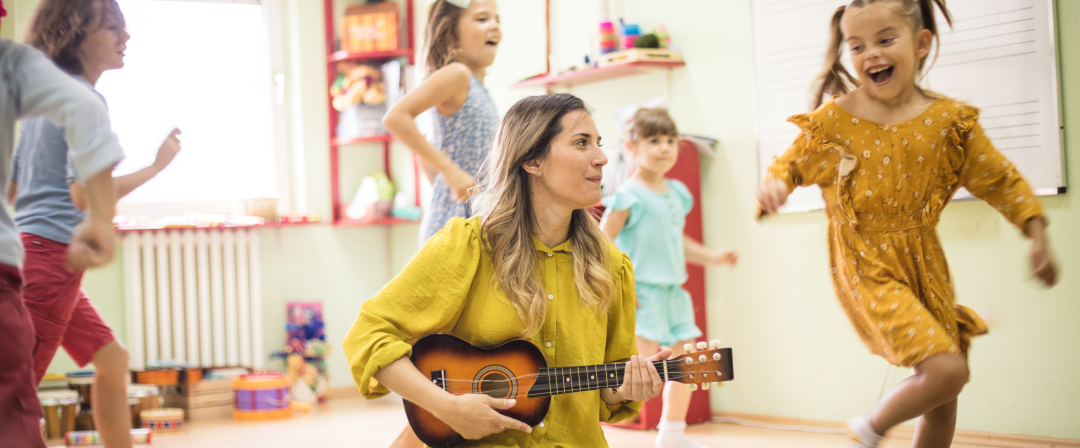
Nuestros profesores son experimentados, pacientes, comunicativos, empáticos y flexibles, lo que les permite adaptarse a las necesidades individuales de cada estudiante.
At the Royal School of Music, we offer effective lessons with highly trained teachers who have the key characteristics to be great piano teachers. Our teachers are experienced, patient, communicative, empathetic, and flexible, allowing them to adapt to the individual needs of each student.
Clases de piano, guitarra, canto, batería, talleres de música

